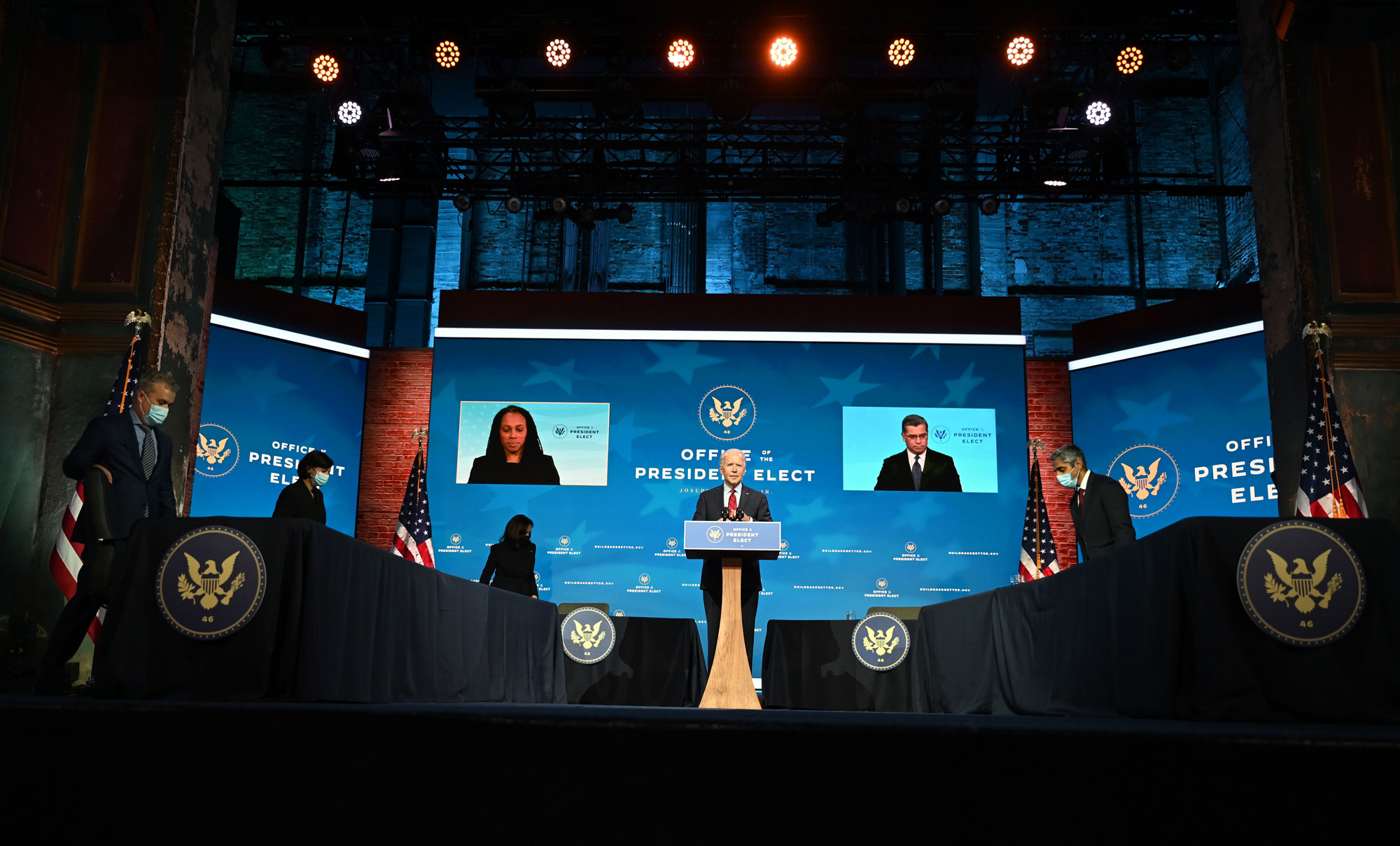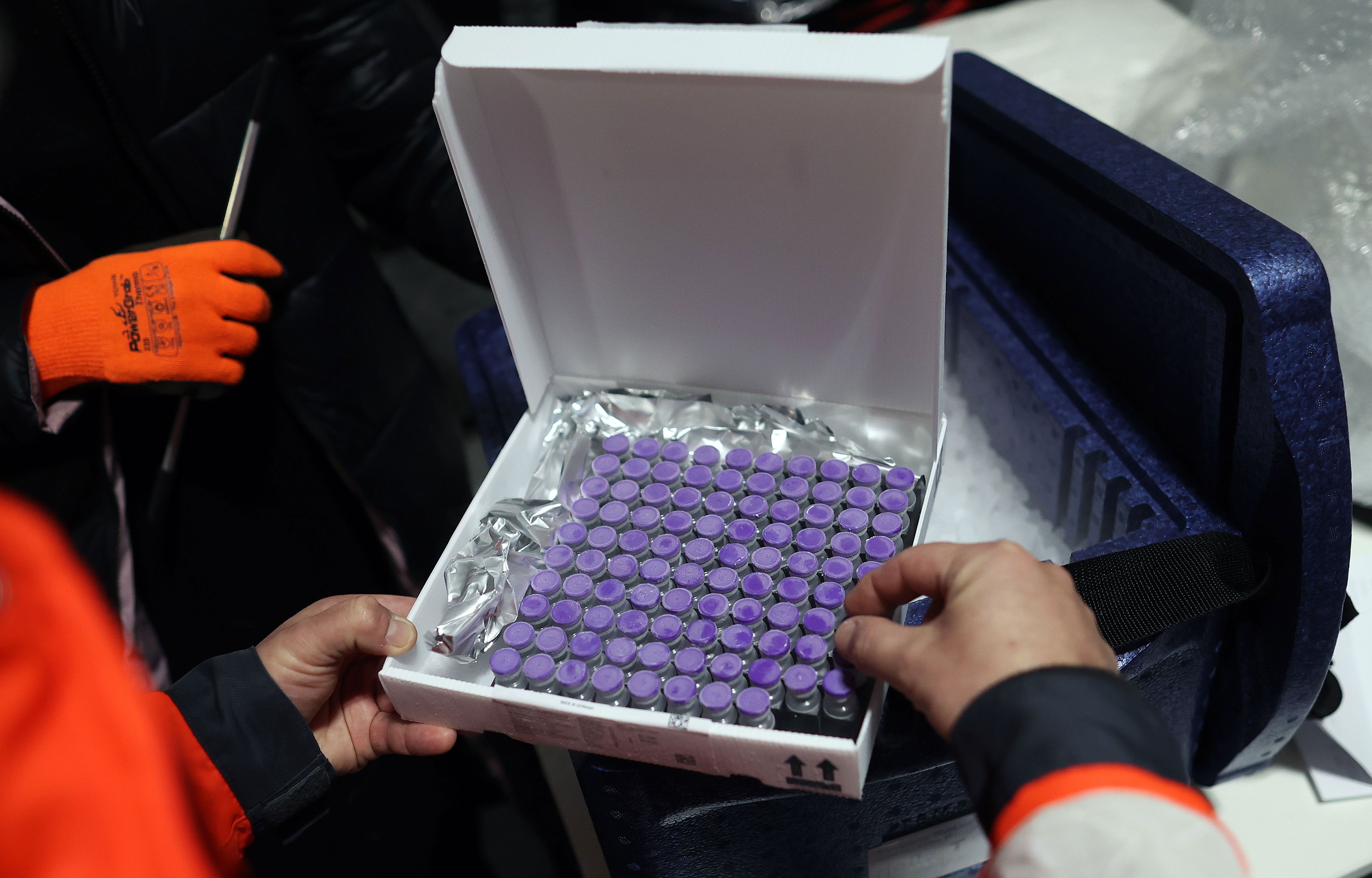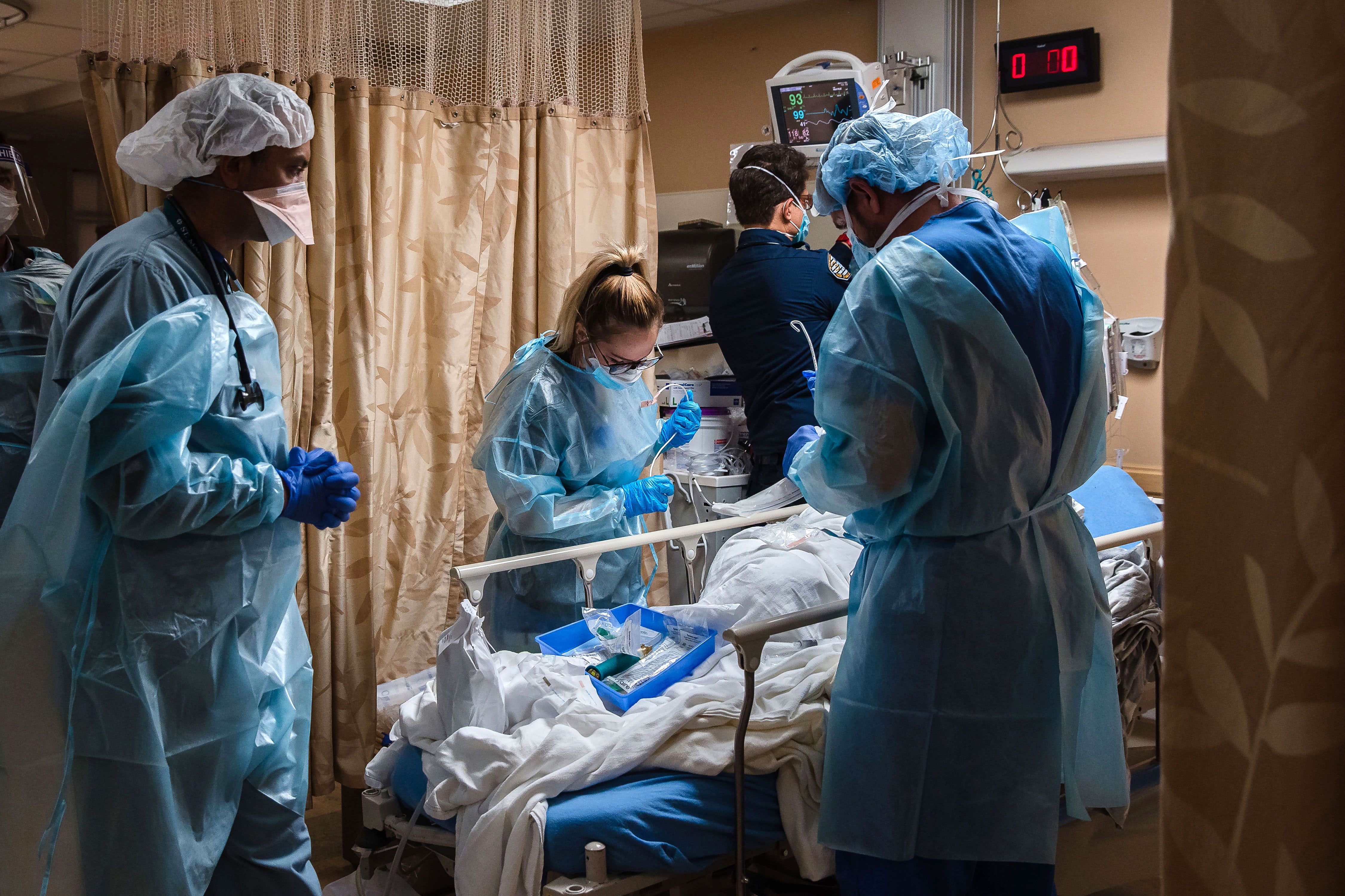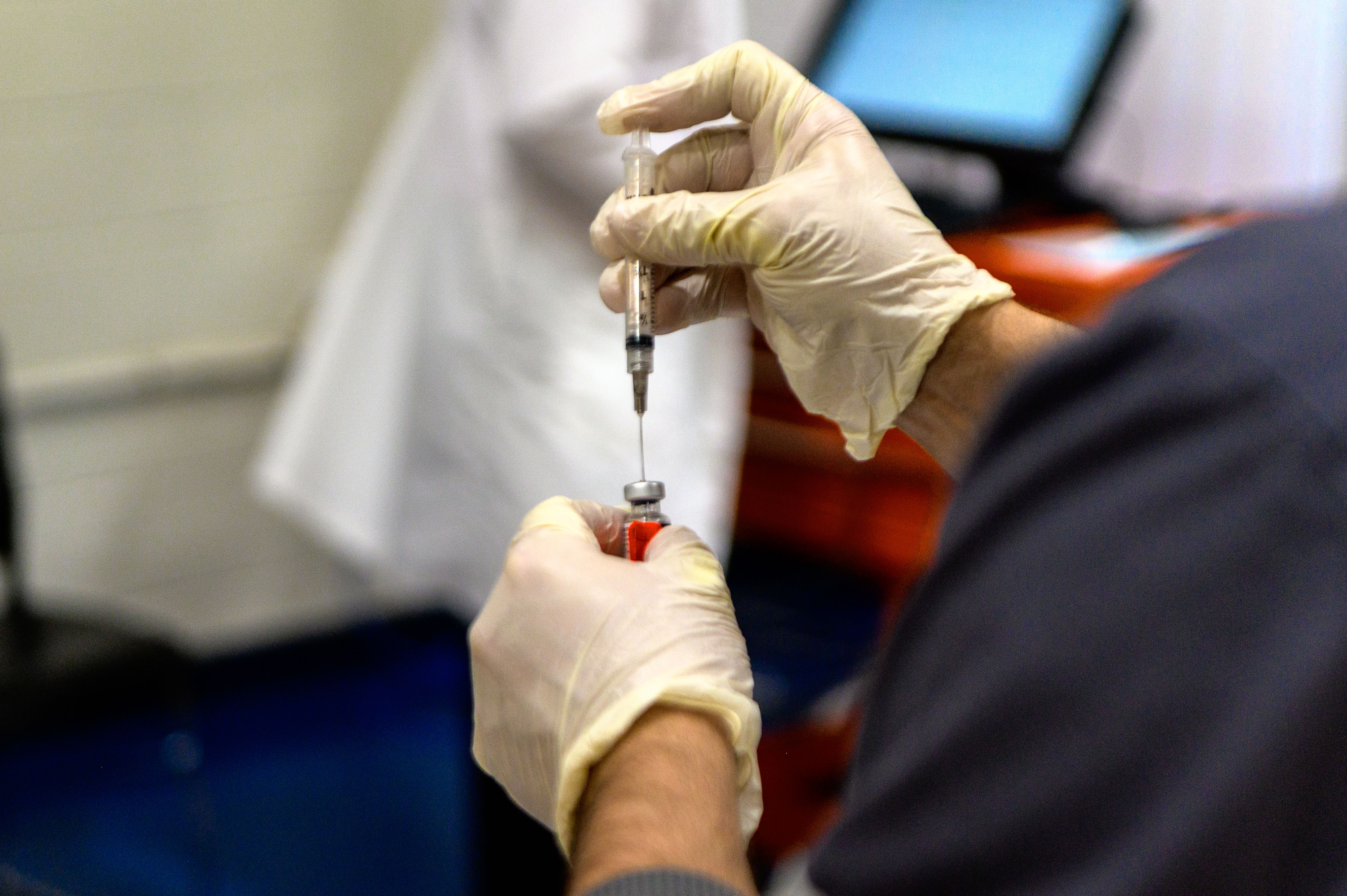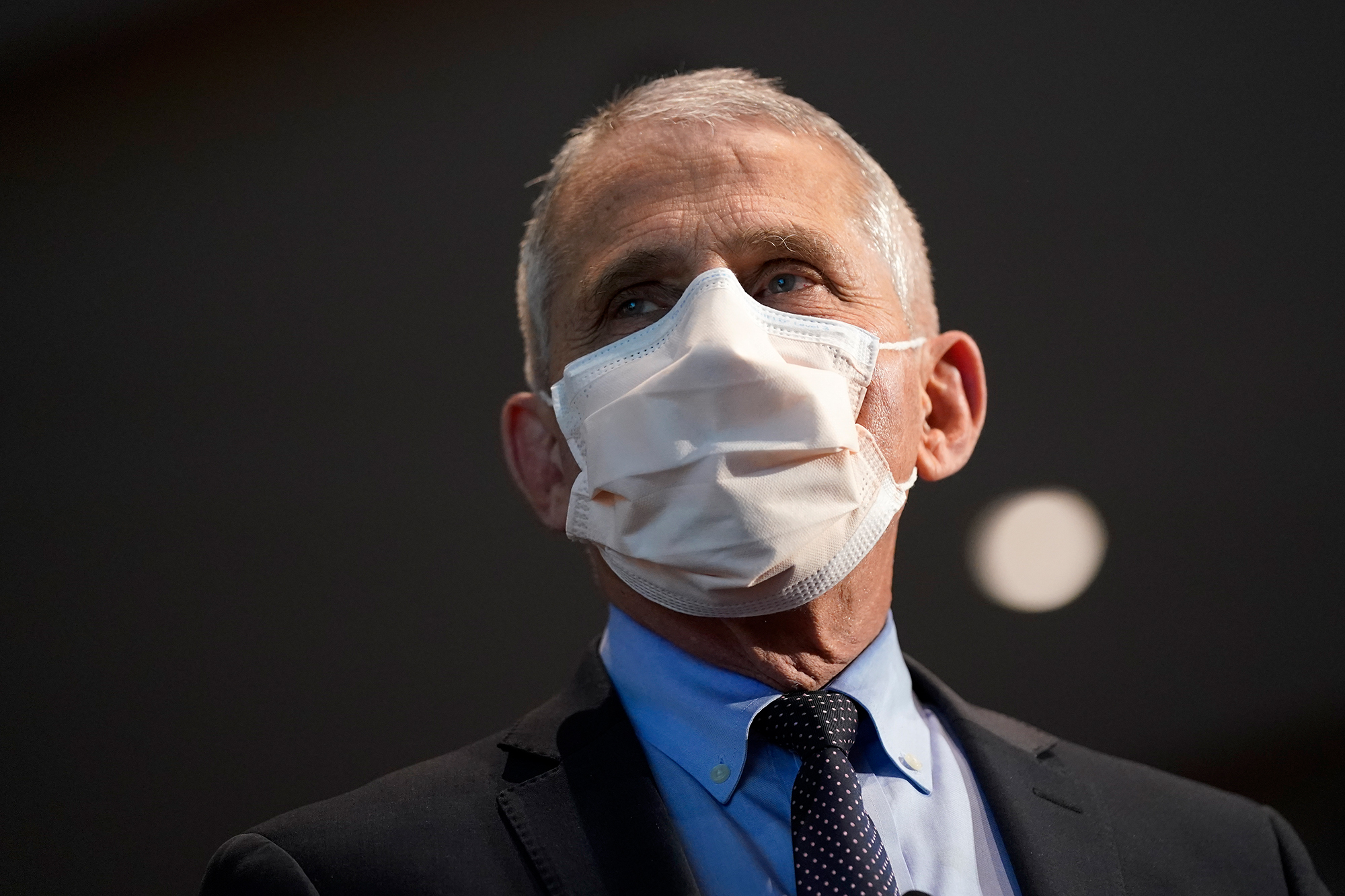
Pfizer said shipments from its vaccine facility in Puurs, Belgium, will be temporarily reduced as it scales up to produce two billion Covid-19 vaccine doses in 2021.
The company said that in order to increase capacity to reach two billion, changes are needed to the process and facility, and additional regulatory approvals will be required.
There will be fluctuations in orders and shipping scheduled from Pfizer’s facility in Puurs, Belgium, in late January and early February. The facility in Kalamazoo, Michigan, which supplies the United States, will not be impacted.
"As part of the normal productivity improvements to increase capacity, we must make modifications to the process and facility that will require additional regulatory approvals. Although this will temporarily impact shipments in late January to early February, it will provide a significant increase in doses available for patients in late February and March," the company said in a statement released Friday.
On Tuesday Pfizer CEO Albert Bourla said he was confident the company would be able to produce two billion doses in 2021, but noted the manufacturing challenges.
"You know, it's almost equally difficult to scale up manufacturing at that level so fast as it was to develop the vaccine and both teams can to rise to the occasion," Bourla said.
The company also said previously that because each vial can yield six doses rather than the expected five, it provides an additional 20% capacity.



